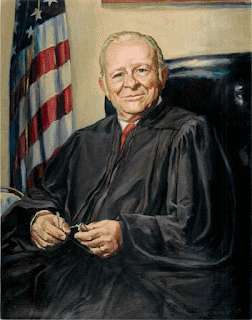AG Sessions is being criticized by both sides of the aisle for his new sentencing guidance, which requires prosecutors to seek much harsher sentences than under the previous administration. The memorandum says:
It's hard to believe that we are going backwards and this is the criminal justice system that we will now be operating in. Which judges will stand up to the executive? Which judges will write sentencing orders explaining why prosecutors are asking for sentences that don't comport with 3553? Which judges will say enough is enough?Charging and sentencing recommendations are crucial responsibilities for any federal prosecutor. The directives I am setting forth below are simple but important. They place great confidence in our prosecutors and supervisors to apply them in a thoughtful and disciplined manner, with the goal of achieving just and consistent results in federal cases.First, it is a core principle that prosecutors should charge and pursue the most serious, readily provable offense. This policy affirms our responsibility to enforce the law, is moral and just, and produces consistency. This policy fully utilizes the tools Congress has given us. By definition, the most serious offenses are those that carry the most substantial guidelines sentence, including mandatory minimum sentences.
The boat cases in SDFLA seem to be a good opportunity for a judge to say something about the absurdity of these sentences. How much time should a fisherman get for being paid $2,000 to be a crewman on a drug boat that isn't even headed to the United States? The min/man is 10 years, and our prosecutors are seeking those sentences. From the Miami Herald:
“All three defendants admitted their involvement in the drug-smuggling conspiracy and that they knew they were transporting drugs on board the vessel,” the complaint says. “All three defendants also admitted that the vessel was going to Mexico and all were paid between $2,000 and $3,500 to transport the drugs.”
...
But Marc David Seitles, Bustos Pereira’s attorney, indicated that his client is a victim of the enforcement system.
“Yet another impoverished fisherman with a second grade education facing a minimum of 10 years in federal prison,” Seitles said in an email message. “This is fighting the war on drugs? Laughable.”
Many Latin American defendants in similar prior cases have told U.S. enforcement officials that they are fishermen or farmers who have been coerced or threatened by drug traffickers into transporting cocaine on boats.



